Apply for a VISA
Book a trip in DRC
Are you watching us from a different country? Apply for a Tourist VISA to visit the DRC or treat yourself to a Trip or an Artwork. MemoCD platform now hosts all touristic operators and artists, showcasing trending places and unique pieces of art. If you have a specific trip in mind, you can create your own below!
Featured
Welcome to the heart of Africa, the Democratic Republic of Congo (DRC), a land of extraordinary diversity and untamed beauty. Explore this page to discover the wealth of experiences that await you in this vibrant nation.
From the vast rainforests and majestic wildlife to the rich tapestry of cultures and traditions, the DRC is a treasure trove of wonders. Here, you’ll find insights into our constitutional framework, environmental challenges, and the dynamic tourism opportunities that beckon adventurers and culture enthusiasts alike. Begin your journey by understanding the DRC’s unique blend of history, culture, and natural wonders.
Politics and Governance
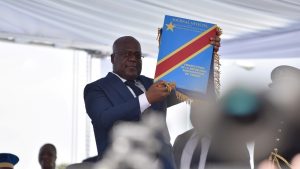
The Democratic Republic of Congo (DRC) operates under a constitution that was adopted in 2006. It provides for a multi-party system, separation of powers, and a democratic form of government. The DRC's political landscape has evolved significantly since its transition to democracy, with a series of elections marking key milestones. However, challenges in fully implementing and upholding the constitution persist, impacting the nation's political stability and governance
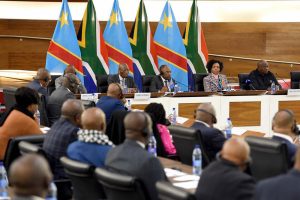
Transparency International's Corruption Perceptions Index consistently ranks the DRC as one of the countries with high levels of perceived corruption. Promoting government accountability and transparency is vital for the country's development. Efforts to combat corruption and improve transparency are ongoing, and initiatives such as the Extractive Industries Transparency Initiative (EITI) aim to enhance the management of the country's valuable natural resources by promoting accountability in the extractive sector.
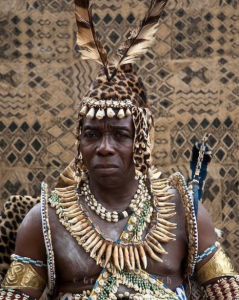
The DRC is a diverse nation with over 200 distinct ethnic groups, which can pose challenges for interethnic relations. Historically, ethnic tensions have contributed to conflicts, including the country's complex civil wars. To foster peaceful coexistence, the government and international organizations have pursued reconciliation and conflict resolution initiatives. Addressing these issues is crucial for long-term stability and development.
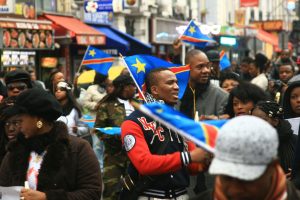
The DRC has been a host to a significant number of refugees and internally displaced persons due to conflicts both within its borders and in neighboring countries. The country's humanitarian response is of utmost importance, with organizations like the United Nations High Commissioner for Refugees (UNHCR) providing assistance. Managing refugee situations while striving for durable solutions is a complex challenge.
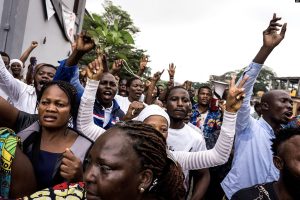
Human rights organizations play a crucial role in advocating for the protection of human rights in the DRC. The country has faced human rights challenges, including issues related to freedom of expression, political repression, and allegations of human rights abuses. Local and international organizations work to raise awareness and hold accountable those responsible for human rights violations.
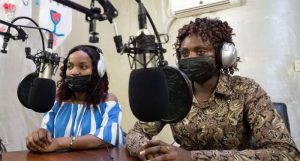
The media landscape in the DRC has witnessed growth, but concerns about press freedom remain. Journalists face various challenges, including censorship and threats to their safety. Ensuring freedom of expression and a vibrant media sector is essential for promoting democracy and accountability in the country.
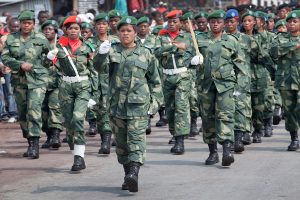
The DRC's security situation has been marked by periods of instability, primarily in the eastern regions. The country has struggled with armed conflict, rebel groups, and security challenges. Efforts to reform and professionalize the armed forces are ongoing to improve security and stability.
Geography and Environment
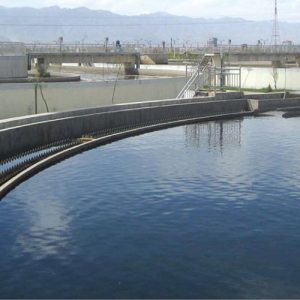
The DRC is endowed with an abundance of freshwater resources, including the Congo River, which is the second-largest river in the world by discharge volume. These water resources are critical for the country's economic development, energy production, and agriculture. Proper management and sustainable use of water resources are essential for ensuring long-term access to clean water and energy production.
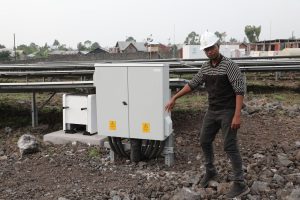
The DRC faces various environmental challenges, including deforestation, wildlife poaching, and habitat loss. Protecting the country's rich biodiversity, including its endangered species, is a priority. Conservation efforts and sustainable land-use practices are essential to address these challenges.
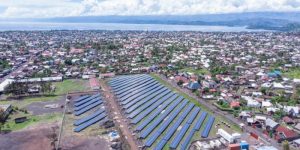
The DRC boasts remarkable conservation areas, including Virunga National Park and Garamba National Park, which are UNESCO World Heritage Sites. These areas are critical for preserving biodiversity and offer opportunities for eco-tourism, wildlife safaris, and conservation initiatives.
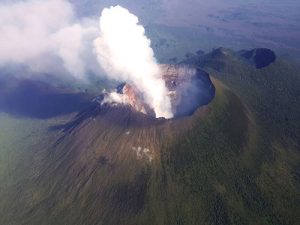
The DRC is home to several active volcanoes, presenting both challenges and opportunities. Volcanic eruptions can disrupt communities, but they also offer potential for geothermal energy generation, contributing to sustainable energy solutions.
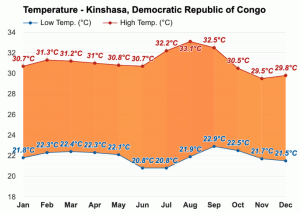
Climate change poses risks to the DRC, including changing weather patterns, increased temperatures, and extreme weather events. Adaptation measures, such as sustainable agricultural practices and reforestation, are crucial for building resilience to climate impacts.
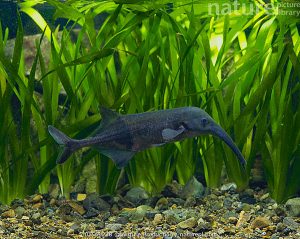
While the DRC is primarily known for its vast inland areas, it also has a coastline along the Atlantic Ocean. Protecting marine life and coastal ecosystems is important for fisheries, biodiversity, and tourism potential along the coast.
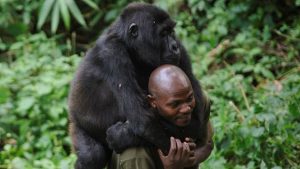
The DRC has made efforts to address environmental issues through policies and initiatives. These include forest conservation programs, wildlife protection, and sustainable development plans aimed at balancing economic growth with environmental preservation.
Culture and Society
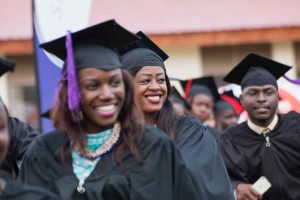
The DRC's education system faces challenges related to access, quality, and infrastructure. Ensuring access to quality education is crucial for human capital development and the country's future.

Gender equality remains a priority, with initiatives aimed at empowering women in various sectors. Despite challenges, progress is being made towards advancing gender rights and opportunities for women in the DRC.
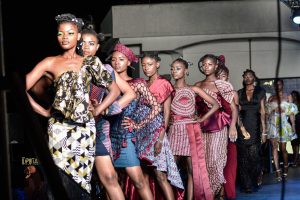
The DRC boasts a rich tapestry of traditional clothing and fashion, reflecting its cultural diversity. Traditional attire often incorporates vibrant colors and intricate designs, showcasing the country's artistic heritage.

The DRC is linguistically diverse, with over 200 languages spoken. French is the official language, but many Congolese communicate in their indigenous languages. Multilingualism is a unique aspect of the country's culture.

Access to healthcare and public health challenges persist in the DRC. Initiatives to improve healthcare infrastructure and address health issues, such as infectious diseases and maternal health, are essential for the well-being of the population.
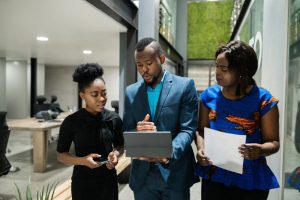
Youth make up a significant portion of the DRC's population. Empowering and engaging youth in education, employment opportunities, and social initiatives is vital for the country's development.
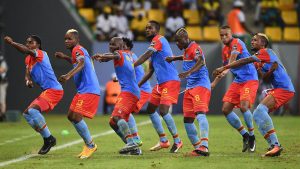
Sports play a significant role in Congolese culture, with soccer being particularly popular. The DRC has produced talented athletes and has a strong tradition of sports and recreation.
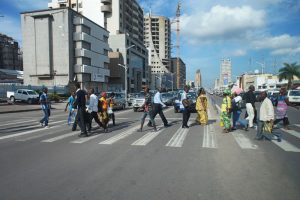
Internal migration and urbanization are ongoing trends in the DRC. Cities like Kinshasa continue to grow, presenting opportunities and challenges for urban development and infrastructure.
Economy
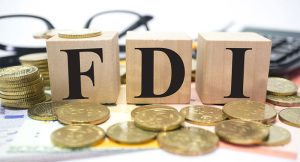
The DRC is rich in natural resources, attracting foreign direct investment in sectors like mining and energy. Managing FDI and ensuring equitable distribution of its benefits are key considerations for sustainable development.
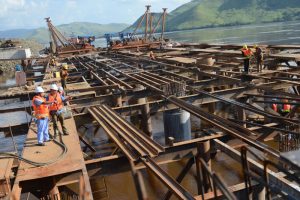
Infrastructure development is a priority for the DRC's economic growth. Investments in roads, transportation, energy, and telecommunications are crucial for connecting regions and fostering development.

The DRC is one of the world's leading producers of cobalt, copper, and other valuable minerals. Sustainable mining practices, resource management, and responsible mining initiatives are essential for maximizing the benefits of these resources.
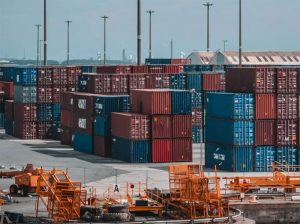
The informal economy plays a significant role in the DRC's economic landscape. Addressing economic challenges, including unemployment and income inequality, is a complex task for policymakers.
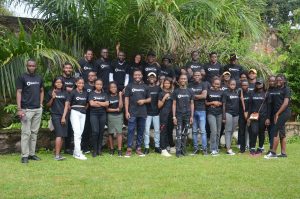
SMEs are important contributors to the DRC's economy. Supporting the growth and development of SMEs can promote economic diversification and job creation.
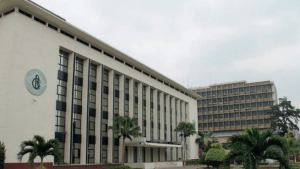
The DRC's financial sector is evolving, with efforts to expand access to banking services and improve financial inclusion. Strengthening the banking system is essential for economic stability.
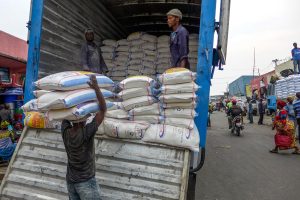
Reducing the country's dependency on a few key sectors, such as mining, is essential for economic diversification and resilience against market fluctuations.
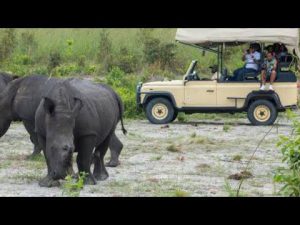
Tourism holds immense potential for economic growth in the DRC, offering opportunities for job creation and revenue generation. The country's natural beauty, wildlife, and cultural heritage are key attractions for tourists.
Tourism and Hospitality
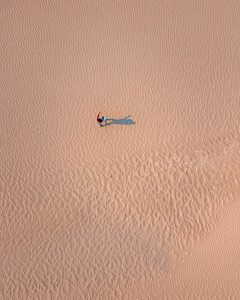
The DRC's diverse landscapes, including dense forests and volcanic terrain, offer unique opportunities for adventure tourism, such as hiking, trekking, and exploring remote areas.
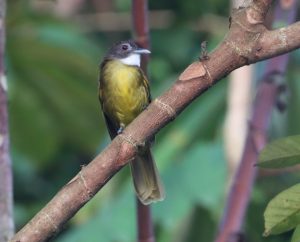
The DRC's rich biodiversity includes a variety of bird species, making it a paradise for birdwatchers and ornithologists.
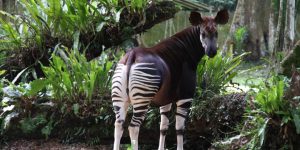
Cultural tourism experiences in the DRC allow visitors to immerse themselves in the country's diverse cultures, traditions, and artistic expressions.
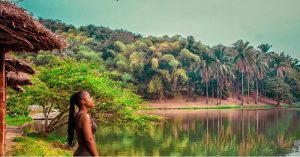
Promoting responsible tourism practices, such as minimizing environmental impact and supporting local communities, is crucial for sustainable tourism development.
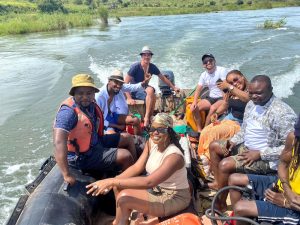
Ensuring the safety and security of tourists is paramount. The DRC is working to enhance security measures and infrastructure to create a safe environment for travelers.
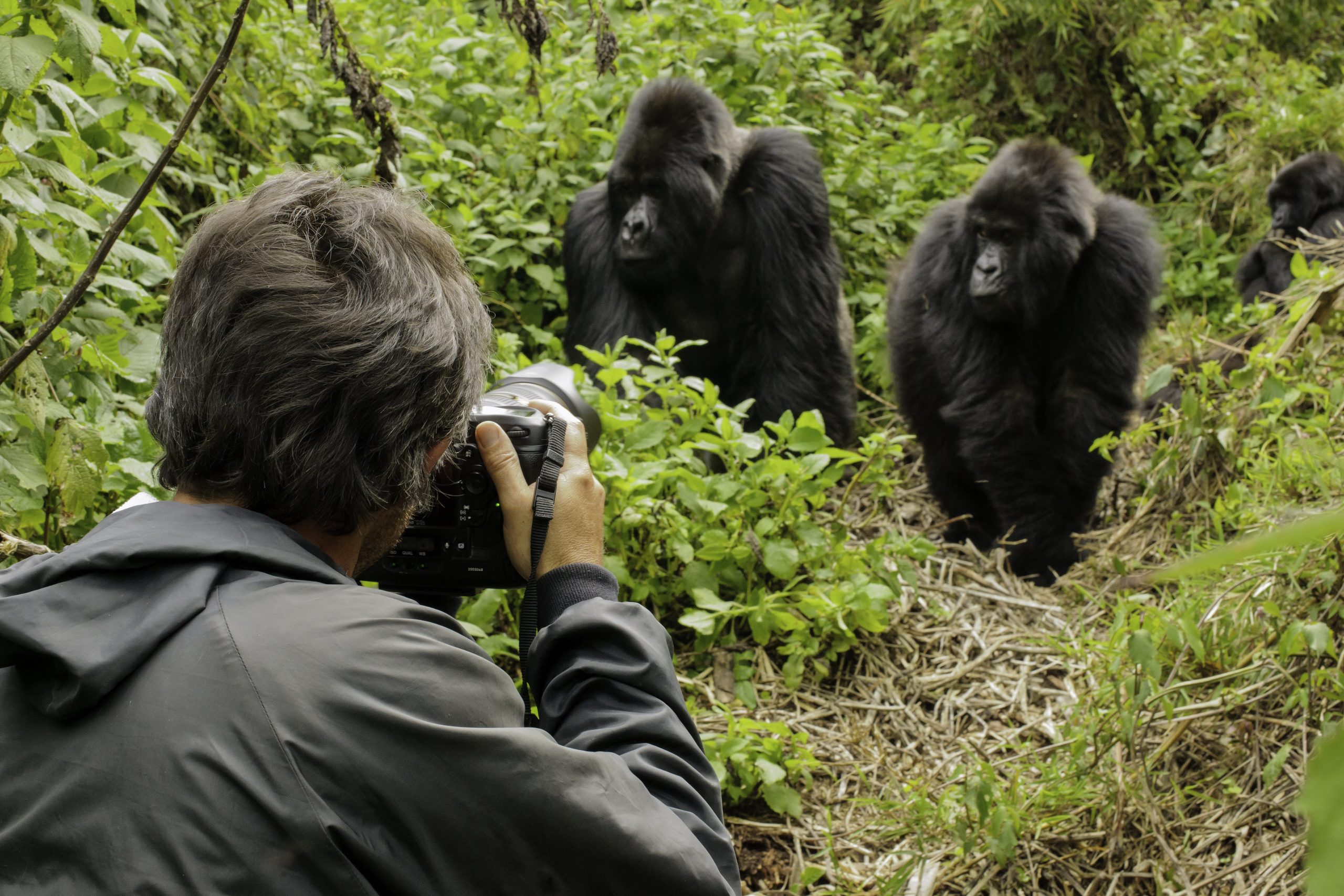
Eco-tourism and wildlife safaris provide opportunities for visitors to explore the DRC's national parks and observe its unique wildlife, including mountain gorillas in Virunga National Park.
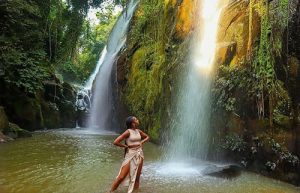
The DRC's rivers, lakes, and waterfalls offer potential for water-based tourism activities, such as boat tours, fishing, and water sports.
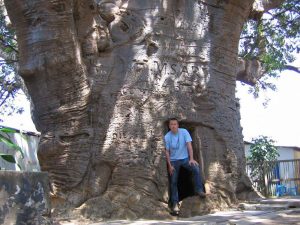
The DRC is home to historical and cultural sites, including ancient rock art, traditional villages, and colonial-era architecture, providing insights into its rich heritage.

A range of accommodation options, from luxury hotels to eco-lodges, caters to diverse traveler preferences, contributing to the country's tourism infrastructure development.

Infrastructure development is a priority for the DRC's economic growth. Investments in roads, transportation, energy, and telecommunications are crucial for connecting regions and fostering development.
Yes? No VISA needed!  If you can’t find your dream trip on MemoCD, create your own adventure right here! Just fill in the details below, and our team will cook up something special for you. Expect a message in 72 hours with your personalized plan. Let’s make your journey unforgettable!
If you can’t find your dream trip on MemoCD, create your own adventure right here! Just fill in the details below, and our team will cook up something special for you. Expect a message in 72 hours with your personalized plan. Let’s make your journey unforgettable! 

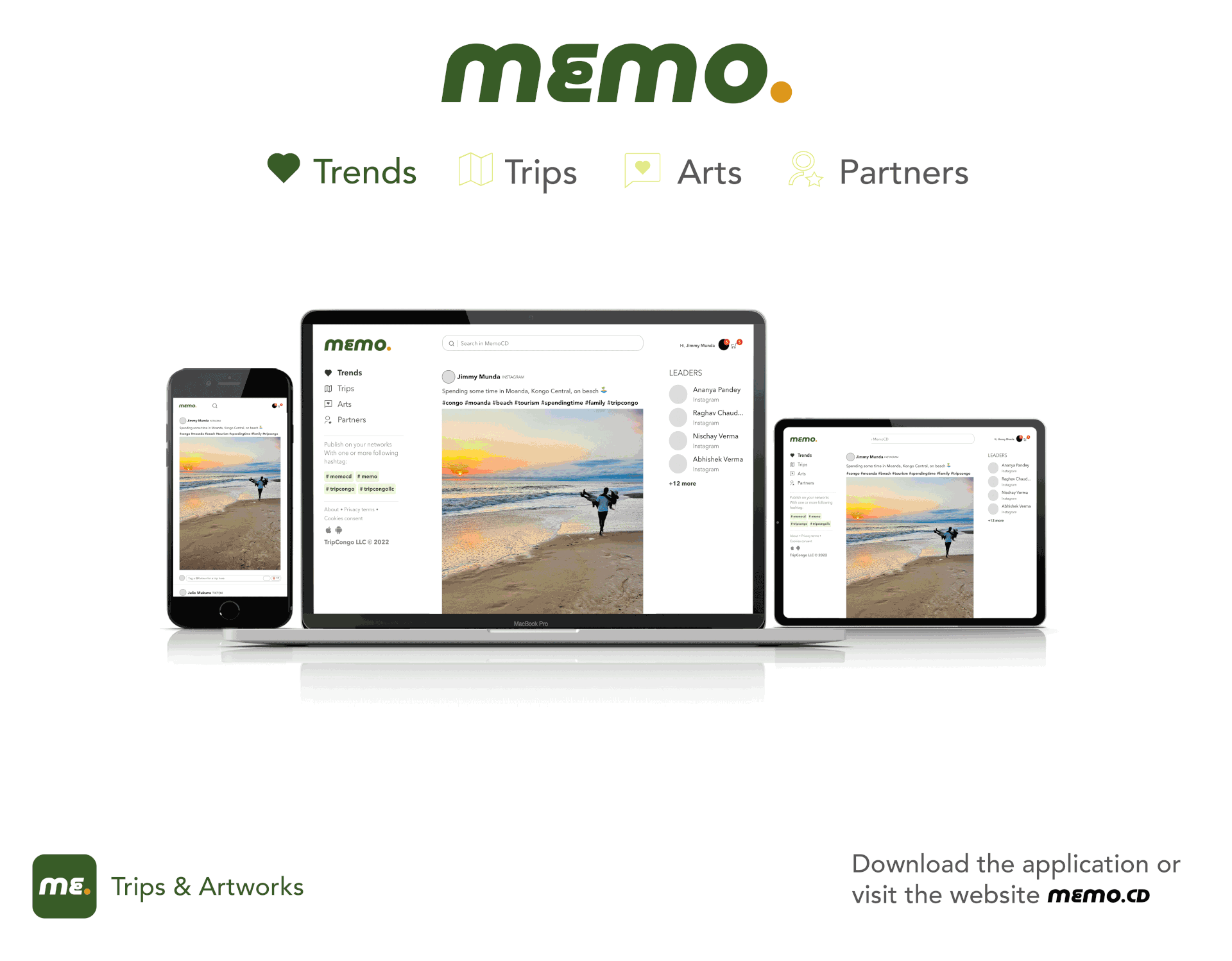
Explore trendsplacestripsartworksgalleries
Partnership
Do you have a passion for adventure or a unique artistic talent to share with the world? At TripCongo, we believe in partnerships that transcend boundaries. If you’re ready to join us in shaping the future of cultural tourism and art in the DRC, we want to hear from you. Message us today, and let’s explore the possibilities of collaboration. Together, we can create opportunities, empower local communities, and showcase the beauty of the DRC to the world. Join our mission and be a part of something truly transformative.
